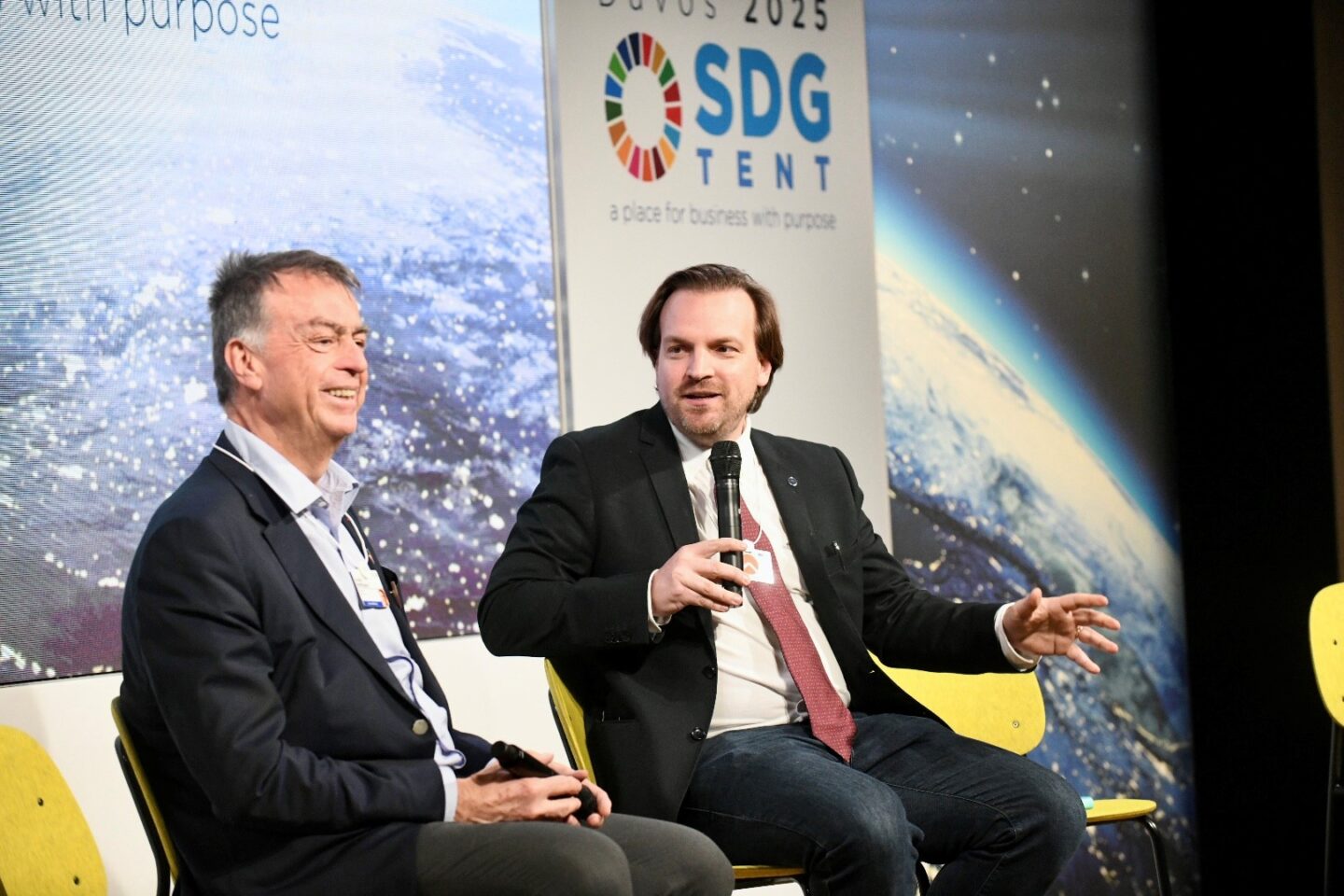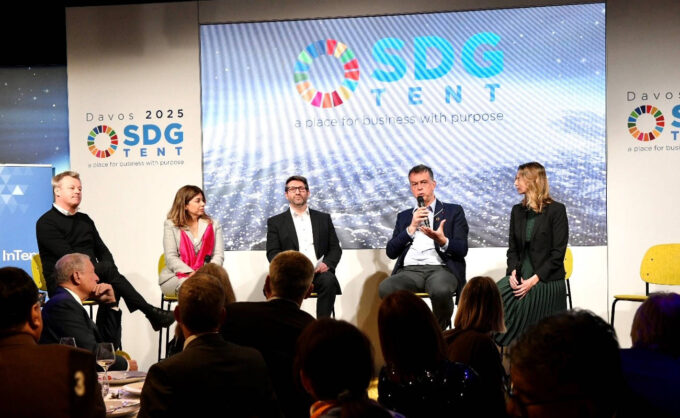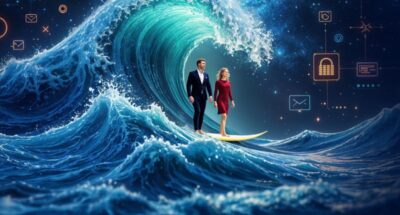A classic psychological experiment asked volunteers to count basketball passes while watching a video. During the task, someone in a gorilla costume strolls across the court – yet remarkably, many participants completely miss this obvious intrusion. This phenomenon, known as “inattentional blindness,” demonstrates how intense focus on one task can render us oblivious to other significant events unfolding before our eyes.
This ‘invisible gorilla’ experiment, highlighted by environmentalist and former US Vice President Al Gore during a rousing address at the opening dinner of the SDG Tent, serves as a powerful metaphor for capitalism’s shortcomings. Like the volunteers fixated on counting passes, our economic system’s relentless focus on short-term profits has left us blind to the erosion of other vital forms of capital – natural, human, and social – that are crucial for a sustainable future.
“If you are focused on short-term profit and returns and that is your whole reason for being in life, that is like the gorilla. Los Angeles can burn down, and you are still focused on what the next quarterly report is going to be,” Gore said at the event co-hosted by IMD and Thinkers 50 and themed, “Why We Need a New Nature of Business: Charting a Path to Sustainable Prosperity.“
Speaking on the day of Donald Trump’s inauguration for a second term as US President, Gore’s words carried particular weight. On his first day in office, Trump signed a flurry of executive orders, including to withdraw the United States from the 2015 Paris Climate accords once again – even as wildfires continue to rage through Los Angeles. In response to Trump’s promised reversal of environmental policies, which he characterizes as part of a ‘woke’ agenda, numerous financial institutions and industry groups have begun retreating from their Net Zero commitments.
André Hoffmann, Vice Chair of Roche and co-author of The New Nature of Business, urged business leaders to maintain their environmental commitments. “The reality of the science is still there. Climate is changing, planetary boundaries are being broken every day,” he emphasized in a discussion with his co-author journalist Peter Vanham.







